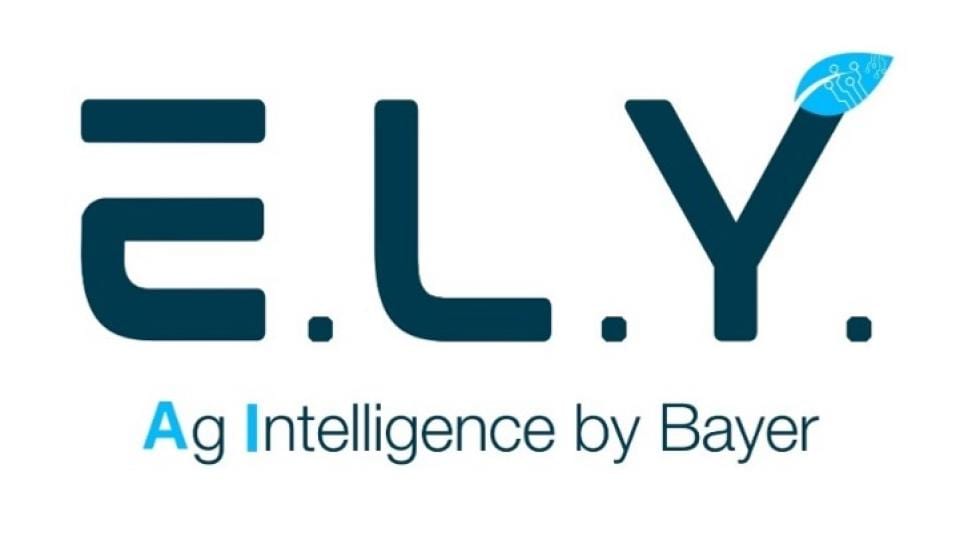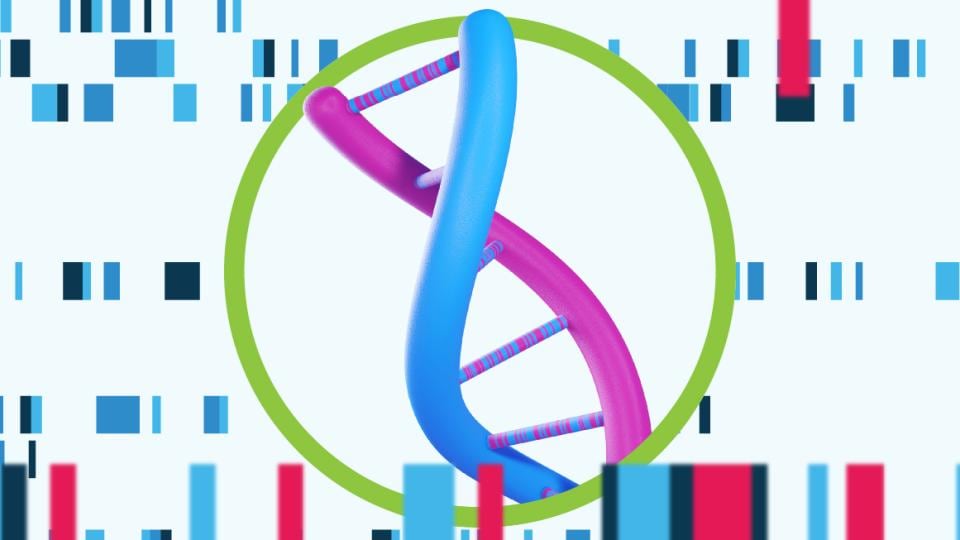TRK Fusion Cancer - New Treatment Options

As a doctor, I can recall the time when chemotherapy and radiation were the standard of care for treating cancer. While these treatment options are effective and still widely used today, our knowledge of what causes of cancer – and how it grows and changes – has evolved, bringing with it new approaches to treatment.
First, we began to understand how specific proteins in certain cells in the body can become ‘activated’, or ‘switched-on’, to drive tumor growth. This knowledge allowed us to develop treatments that are targeted to attack these cancer cells by interfering with the specific proteins – for example by trying to ‘deactivate’ them or switch them off. This differs from chemotherapy, which targets cancer cells and healthy cells indiscriminately – helping to tackle the tumor, but also causing side effects.
We also now know that some cancers are genomically driven. This means that they are caused by specific changes in genes – present in every cell in the body as DNA – that can lead to abnormalities, or genomic alterations. These altered genes cause the development of altered proteins that can drive tumor growth. As we understand more about these genomic alterations, we will be able to match cancer treatments to specific genomic alterations driving tumors. This approach means that we can target all tumors with the same specific alteration with the same treatment – regardless of where that tumor is in the body. So, for example, if a lung cancer patient or sarcoma patient, an adult or a child, have the same genomic alteration driving their tumor, the one drug designed to target that alteration should be a suitable treatment option for all of them.
Genomically-Driven Cancer in Action
One type of genomically-driven cancer is TRK fusion cancer. TRK fusion cancer occurs when two genes fuse together (one being the NTRK gene) to lead to an overexpression of protein (in this case a TRK protein), which can cause tumor growth. TRK fusion cancer occurs across a broad range of tumor types and affects both adult and pediatric patients – different tumor types are more, or less, likely to be TRK fusion cancers.
At Bayer, together with our partner Loxo Oncology, we are investigating this field to develop new treatment options for patients with TRK fusion cancer.
Finding the Right Patients
To reap the benefits of targeting genomic alterations, access to specific genomic testing for cancer patients is critical. This will ensure doctors can efficiently identify the underlying driver of their patient’s tumor, and quickly match them to the right precision medicine treatment or enter them into a clinical trial that tests emerging treatments. Specific tests that can identify TRK fusion cancer are currently available, but these tests are not routinely used in clinical practice.

One of these tests, next-generation sequencing (NGS) can confirm the presence of specific alterations, including NTRK gene fusions, by sequencing the tumor genome to select the right patients for treatment. Other tests include: immunohistochemistry (IHC), which detects the presence of proteins, in this case TRK proteins, as a proxy for the alteration; and, fluorescence in situ hybridization (FISH), a technique that uses fluorescent probes to light up specific pieces of DNA when viewed under a microscope.
Progress on the Horizon
Just this year, in the U.S., the Centers for Medicare & Medicaid Services (CMS) took a first step to advance access to innovative personalized medicine for Medicare patients with cancer. CMS finalized a decision that approved coverage for use of U.S. Food and Drug Administration (FDA)-approved NGS tests. Regulatory bodies are taking important steps that can help patients and their doctors make more informed treatment decisions, but we can’t stop here. Given the promise of precision medicine in TRK fusion cancer, it is crucial that the oncology community come together and continue to strive for progress.
For TRK fusion cancer and many other cancer types – testing for these targeted treatments is only the first step – once patients are identified, we are committed to ensuring they find the most appropriate treatment to fight their cancer.
At Bayer, our focus is on the future of oncology treatments, including treating cancer with precision medicine, targeted therapies and more personalized approaches. Within precision medicine, we are committed to finding solutions in areas where currently limited or no alternative treatment options exist for patients in need.





















